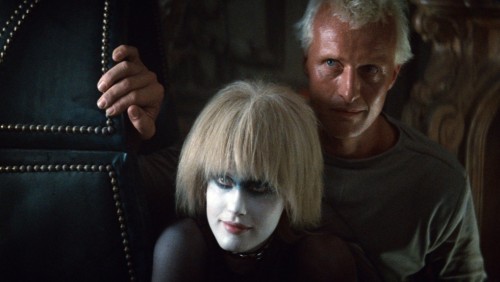I’ve been trying to do a little catch-up reading on the Progressive era and I think that the death of Norman Mailer is an opportune time for contrast. I have a fairly wide personal conservative streak and the romanticism, irrationalism, experimentalism, bar-brawling, violence and lawlessness of Mailer and his ilk has always provoked a violent rejection in me. Reading Norman Podhoretz’s indictments of this crowd in Ex-Friends, all due salt accounted for, made me pretty embarrassed to be partly in a position as a leftist to have to defend or at least account for the really inexcusable and discrediting behavior of these people.
But when I read about the reformism in the service of essentially conservative ends that constituted the early Twentieth Century Progressive movement, I realize how much more genial the anti-moralism of 1950s and 1960s is to me than early Progressivism. Do-gooders and small-minded busy-body conformists are intolerable. Mailer-esque lawlessness makes me embarrassed; the moralism of the early progressives makes me taste a little vomit in the back of my throat. Carrie Nation can suck my low-hanger. Gloria Steinem is another story. The benefits of real freedom — the freedom of the mind and the spirit — are worth the collective running a little risk of chaos. This doesn’t mean that I am against broad, collectivist systematization. The post-war experiment — both governing systems and mass movements such as feminism — seems to be ample demonstration that large liberal social programs are completely compatible with a radically individualist morality. In fact, it may be one of its prerequisites. Unless I am mistaken, I believe that is conservatism’s very critique of the project.
As much as Jean-Paul Sartre strikes me as a poser and essentially derivative in his philosophy, I find myself thinking that existentialist self-determination and radical difference are the proper minimalist configuration of society. A sort of sincerely and deeply felt mass Sartian existentialism seems to me the major division between pre-War Progressivism and post-War cultural liberalism. Our decadence and essential self-involvement — perhaps problematic in the face if the monolithic and variably fascist societies — is the End of History. But as Fukuyama has pointed out, progress is not smooth and consistent. It may be one step back, two steps forward. We shouldn’t fret too much about that; we should just be mindful of just how big some of those steps might be.
Not to accord Sartre too much credit, really there should be a Marxist account of Sartre as merely an instance of ideology catching up with material circumstances in so far as modern industrialism and prosperity are the true source of individualist hedonism and self-determination. In this sense perhaps it is Daniel Bell’s The Cultural Contradictions of Capitalism more than anything of Sartre’s that is the really important work here. Sartre just gave expression to the growing ethos of the age.

